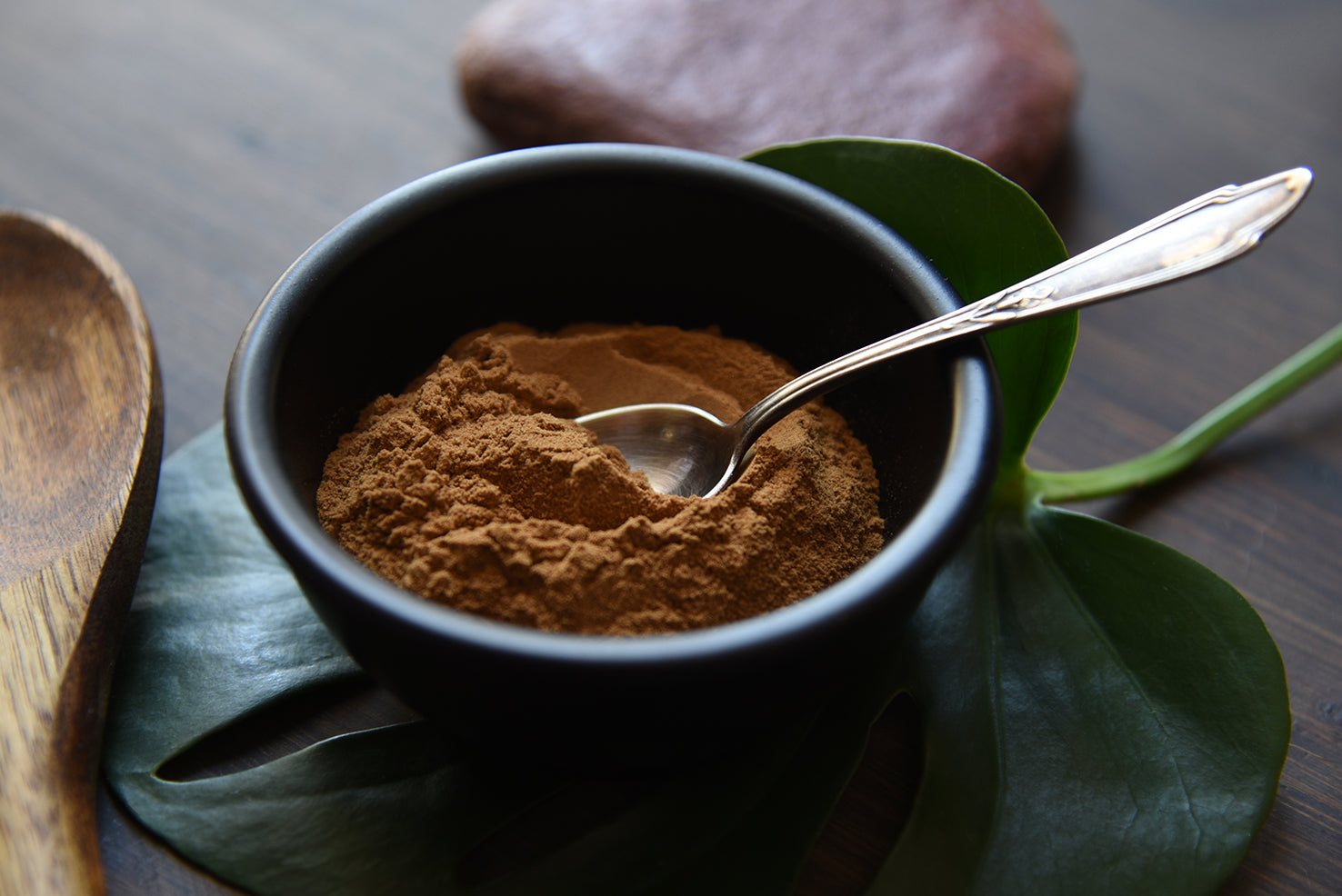
DAMIANA POWDER 100G
- Regular price
- €10,00 EUR
- Sale price
- €10,00 EUR
- Regular price
-
- Unit price
- /per
Sale
Sold out
No reviews
Damiana (Turnera diffusa) is a small shrub native to the subtropical regions of Mexico, Central America, and the Caribbean. Renowned for its aromatic leaves and delicate yellow flowers, this plant has a long history of traditional use as a natural remedy. In the lines below you can find out about Damiana's fascinating history, traditional uses, and emerging scientific insights into the potential health benefits.
Origins and traditional uses:
Indigenous people of Mexico and Central America have utilized damiana for centuries for its purported medicinal properties and aphrodisiac effects. The leaves of the damiana plant were traditionally brewed into a tea or tincture and consumed for a variety of purposes, including:
1. Aphrodisiac: Damiana gained a reputation as a natural aphrodisiac, believed to enhance libido and sexual function in both men and women. It was often used to stimulate desire and improve sexual performance.
2. Digestive Aid: The aromatic leaves of damiana were also valued for their digestive properties. It was believed to relieve indigestion, stomach discomfort, and constipation.
3. Mood Enhancement: Some traditional uses of damiana include its use as a mood enhancer and mild nerve tonic. It was believed to alleviate symptoms of anxiety, depression, and nervousness.
Health Benefits:
1. Libido and Sexual Health: Damiana continues to be popularly associated with enhancing libido and sexual function. While scientific evidence supporting these claims is limited, some animal studies have suggested potential aphrodisiac effects. More research is needed to understand the mechanisms behind these purported benefits in humans.
2. Antioxidant Properties: Damiana contains a variety of bioactive compounds, including flavonoids and phenolic acids, which possess antioxidant properties. Antioxidants help protect cells from oxidative stress and may contribute to overall health and well-being.
3. Mild Relaxant: Traditional uses of damiana as a mild nerve tonic and mood enhancer suggest that it may have relaxant properties. Some people use damiana as a natural remedy for anxiety, stress, and tension.
Origins and traditional uses:
Indigenous people of Mexico and Central America have utilized damiana for centuries for its purported medicinal properties and aphrodisiac effects. The leaves of the damiana plant were traditionally brewed into a tea or tincture and consumed for a variety of purposes, including:
1. Aphrodisiac: Damiana gained a reputation as a natural aphrodisiac, believed to enhance libido and sexual function in both men and women. It was often used to stimulate desire and improve sexual performance.
2. Digestive Aid: The aromatic leaves of damiana were also valued for their digestive properties. It was believed to relieve indigestion, stomach discomfort, and constipation.
3. Mood Enhancement: Some traditional uses of damiana include its use as a mood enhancer and mild nerve tonic. It was believed to alleviate symptoms of anxiety, depression, and nervousness.
Health Benefits:
1. Libido and Sexual Health: Damiana continues to be popularly associated with enhancing libido and sexual function. While scientific evidence supporting these claims is limited, some animal studies have suggested potential aphrodisiac effects. More research is needed to understand the mechanisms behind these purported benefits in humans.
2. Antioxidant Properties: Damiana contains a variety of bioactive compounds, including flavonoids and phenolic acids, which possess antioxidant properties. Antioxidants help protect cells from oxidative stress and may contribute to overall health and well-being.
3. Mild Relaxant: Traditional uses of damiana as a mild nerve tonic and mood enhancer suggest that it may have relaxant properties. Some people use damiana as a natural remedy for anxiety, stress, and tension.
Adding product to your cart
Use left/right arrows to navigate the slideshow or swipe left/right if using a mobile device
